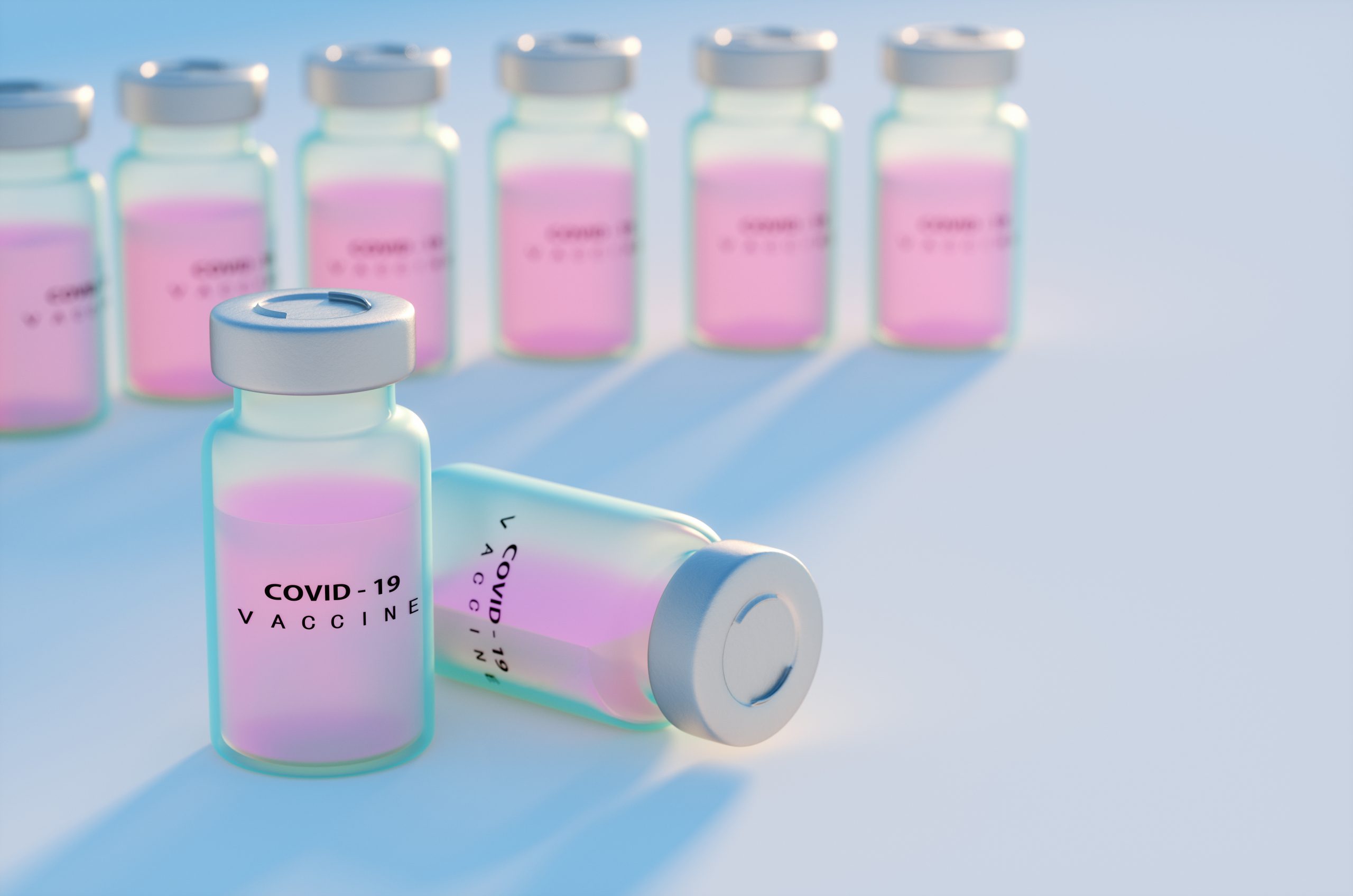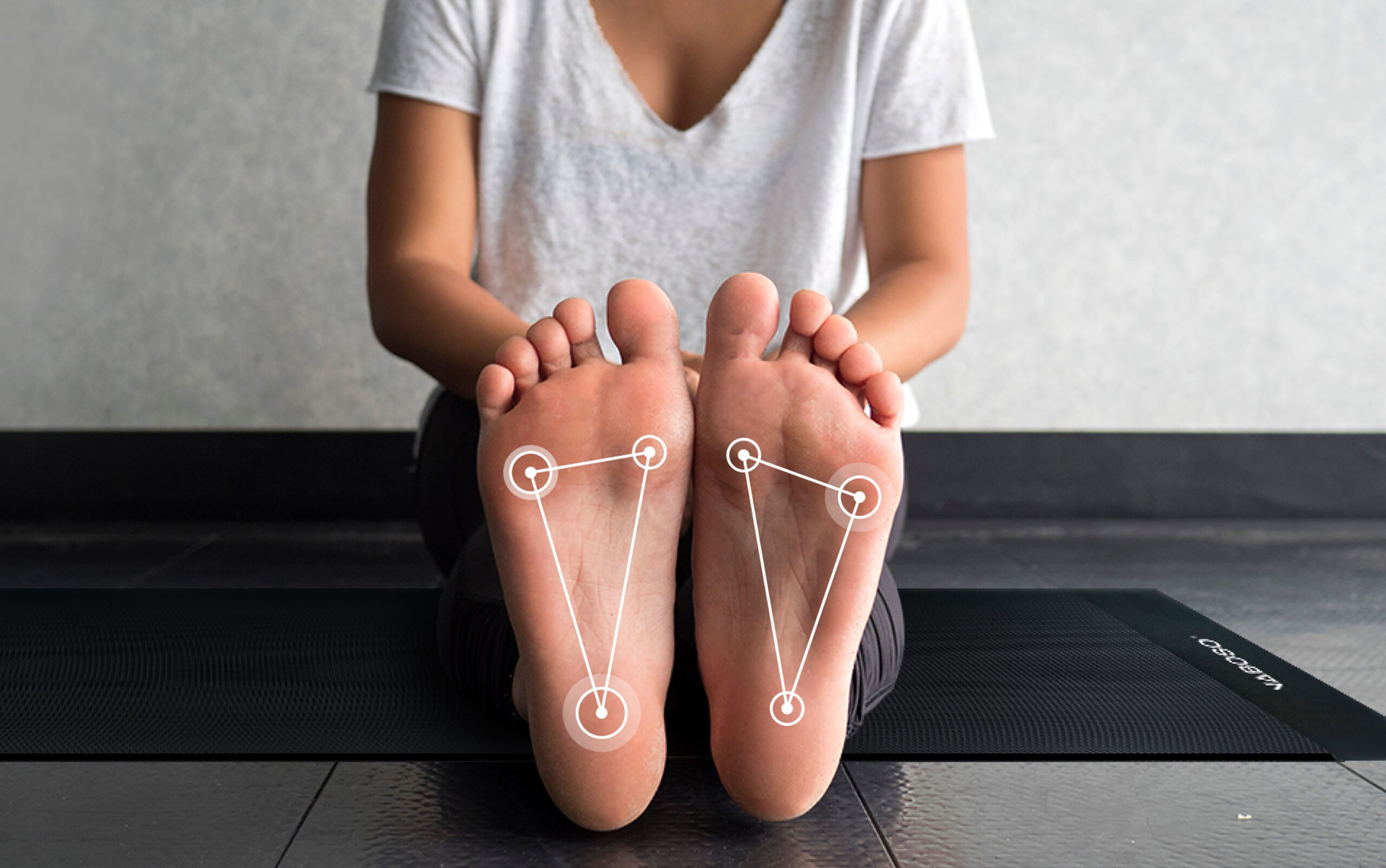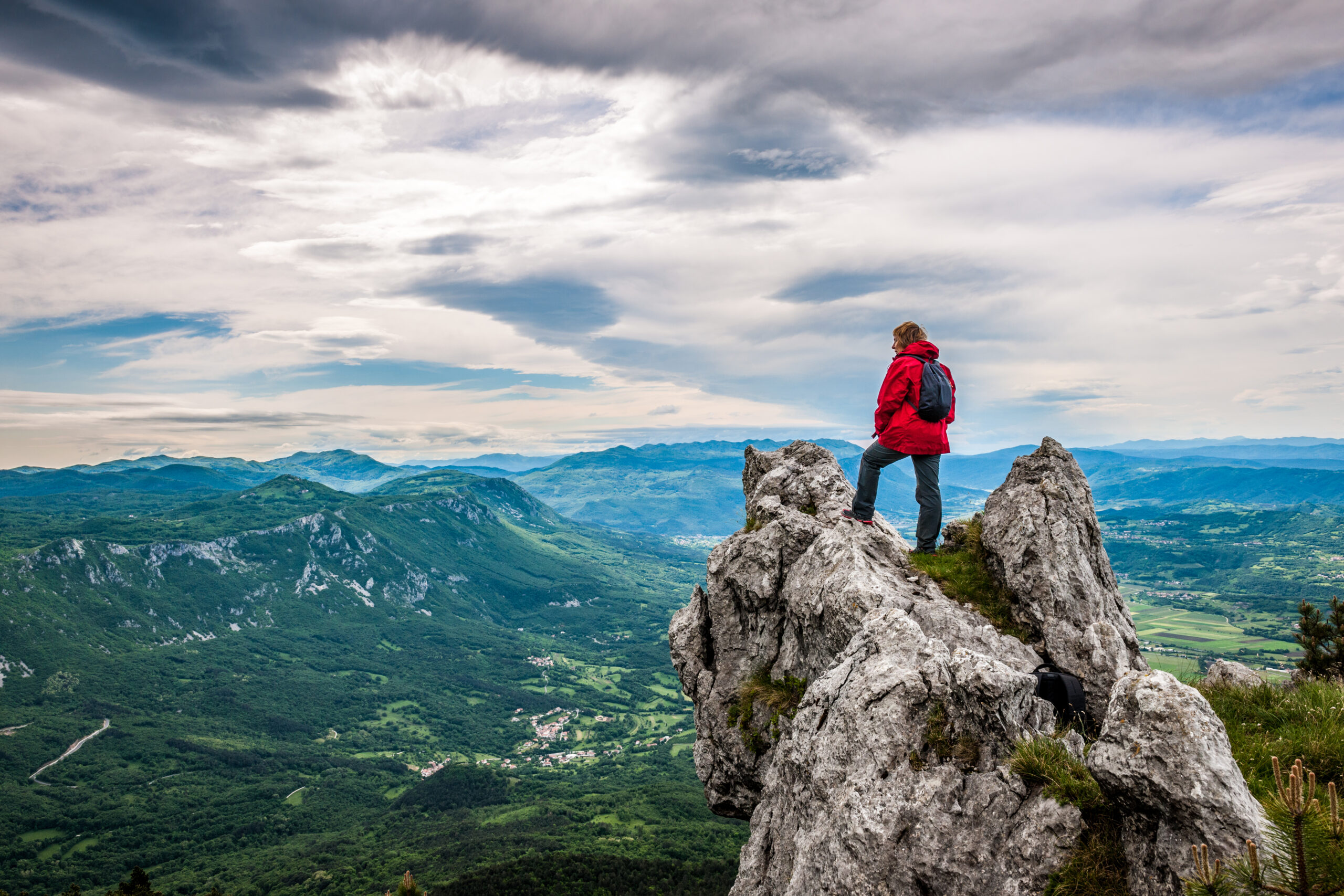Last Updated on August 21, 2021
Growing Bolder visual journalist Jacob Langston is one of the 3% of Americans who are considered immunocompromised. He was at the top of the list to receive an additional dose of the COVID-19 vaccine.
“I’ve gotten COVID twice and I have a weakened immune system,” Langston said. “Getting a third booster shot was a no-brainer for me.”
Langston’s condition, psoriatic arthritis, is a chronic, inflammatory disease of the joints and the places where ligaments and tendons connect to bone. To treat it, he takes a biologic medication, which lowers his body’s ability to fight infection.
Kidney transplant recipient Lillian Iorio is scheduled to receive her third COVID-19 vaccine booster shot at the end of August. The medicine she takes to keep her body from rejecting her new kidney suppresses her immune system, making her more vulnerable to illness.
In September 2020, 48-year-old Iorio received a new kidney in a New York hospital — right in the middle of the coronavirus pandemic. Since then, her doctors recommended she receive both COVID-19 vaccinations in order to protect her exposed immune system.
“I didn’t develop any antibodies from the first two Pfizer shots,” Iorio told Growing Bolder. “So, I was approved for a third one.”
She admitted being a bit afraid.
“It is scary knowing I didn’t develop any protection at all after two shots,” she continued. “I am hopeful that this third vaccine will provide me with some protection.”
Additional dose vs booster shot
The same formula goes into every COVID-19 vaccination vial. Whether it’s the Moderna vaccine or Pfizer, the exact same formula is in all three of the doses.
Immunocompromised people are now offered a third additional dose to help support the first two doses when their body doesn’t benefit from them like a healthy person’s body does.
Beginning in September, the vaccine booster shot will be offered as “an extra layer of protection” to healthy people at least eight months after their first two doses.
The additional dose and the booster shot have the same ingredients. It is just semantics based on who is getting the vaccine, and when.
Who can get a third COVID-19 vaccine dose now?
It is NOT recommended that everyone get a third COVID-19 vaccine. Right now, the Centers for Disease Control and Prevention (CDC) recommends that “moderately to severely immunocompromised people” get the additional dose. That accounts for 3% of the adult population in the U.S.
Immunocompromised people don’t build the same level of immunity after vaccination as healthier people do, and therefore, the CDC says they may benefit from an additional dose of protection against COVID-19. Many of the people hospitalized as “breakthrough cases” (getting COVID-19 after being vaccinated) are people who have a compromised or weakened immune systems.
Immunocompromised people are also more likely to transmit the virus to people in their household.
Who is “immunocompromised?”
- Immunocompromised people include those who:
- Are actively being treated for cancer
- Received an organ transplant (and are taking medicine to suppress their immune system)
- Received a stem cell transplant within the last 2 years (or are taking medicine to suppress their immune system)
- Have a moderate or severe immunodeficiency (such as DiGeorge syndrome or Wiskott-Aldrich syndrome)
- Have advanced or untreated HIV infection
- Are actively being treated with high-dose corticosteroids or other drugs that suppress the immune response
As always, everyone should talk to their doctor about their medical condition first to confirm that receiving a COVID-19 vaccine booster shot is appropriate for them.
Source: Centers for Disease Control and Prevention
Who can get a COVID-19 vaccine booster shot later?
Although only some Americans are eligible to receive the additional COVID-19 vaccine now, the U.S. Department of Health and Human Services (HHS) announced this week they plan to make the third booster shot available to any American who wants it as early as this fall. The booster will be available eight months after an individual’s second dose, which is when the vaccine’s protection could start to lessen.
Meanwhile, the World Health Organization has asked for a temporary halt to the booster shots. They want to ensure that at least 10% of people in all countries are vaccinated before third doses are distributed. So far, 58% of people in high-income countries have received at least one dose of the vaccine while in low-income countries it’s just 1.3%.
Israel, France, Germany, the United Kingdom and the United States all have plans to distribute third doses to certain groups.
In a recent statement, the CDC maintained the U.S. has “committed to donating 600 million doses of the COVID-19 vaccine globally and is continuing to expand the efforts to increase the supply of vaccines for other countries.”















